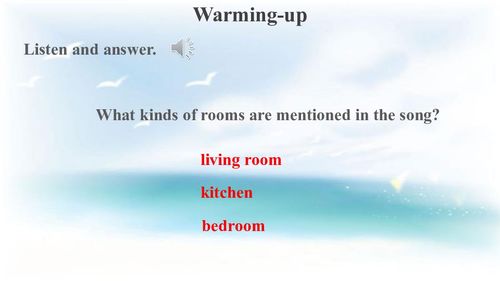Content:
Introduction: Fishing is a popular outdoor activity that offers relaxation, enjoyment, and a sense of accomplishment. Whether you are a seasoned angler or a beginner, honing your fishing skills is essential for a successful and enjoyable experience. In this article, we will provide you with a comprehensive guide on how to practice and improve your fishing techniques during the early stages of your fishing journey.
Understanding the Basics: Before diving into the practical aspects of fishing, it is crucial to have a solid understanding of the basics. Familiarize yourself with the different types of fishing equipment, such as rods, reels, lines, hooks, and baits. Research the specific fishing techniques and methods used for the type of fish you want to catch. This knowledge will help you make informed decisions and improve your chances of success.
Choosing the Right Equipment: Selecting the appropriate fishing equipment is vital for your success. Begin by investing in a good quality fishing rod and reel that suit your preferred fishing style. Ensure that the rod and reel are properly matched to the type of fish you want to catch. Additionally, choose a suitable fishing line that can withstand the tension and weight of the fish you are targeting.
Learning to Cast: One of the fundamental skills in fishing is casting. Practice casting in an open area away from obstacles to get a feel for the motion and distance. Start by holding the rod with a comfortable grip, positioning your feet shoulder-width apart, and keeping your eyes focused on the target. Swing the rod back, accelerating smoothly, and then follow through with a controlled motion. With practice, you will develop a consistent and accurate casting technique.
Mastering the Bait Presentation: The way you present your bait to the fish can greatly impact your success. Experiment with different bait types and techniques to determine what works best for the species you are targeting. Whether you are using live bait, artificial lures, or flies, it is crucial to mimic the natural movement and appearance of the prey. Pay attention to the speed, rhythm, and direction of your retrieve to entice the fish.
Patience and Observation: Fishing requires patience and observation. Spend time observing the behavior of the fish in your chosen fishing spot. Look for signs of activity, such as fish jumping or feeding patterns. Adjust your technique accordingly based on the fish's behavior. Be patient and give the fish time to respond to your bait. Avoid rushing or changing your approach too frequently.
Developing Sensitivity: Fishing is not just about catching fish; it is also about detecting subtle signs that indicate a fish is biting. Practice developing your sensitivity by feeling the subtle movements of the fishing rod. Learn to differentiate between false alarms and actual bites. Pay attention to the weight and resistance of the fish as it pulls on the line. This skill will help you set the hook at the right time and increase your chances of landing the fish.
Learning from Others: One of the best ways to improve your fishing skills is by learning from experienced anglers. Join fishing clubs, attend workshops, or seek guidance from more skilled anglers. They can provide valuable advice, share their techniques, and help you avoid common mistakes. Observing and learning from others can significantly enhance your own skills.

Staying Safe and Responsible: Safety should always be a priority when fishing. Familiarize yourself with the local fishing regulations and guidelines to ensure you are fishing legally and responsibly. Always check the weather forecast before heading out and be prepared for adverse conditions. Carry essential safety gear, such as a first aid kit, a whistle, and a flashlight. Respect the environment and practice catch and release when appropriate.
Conclusion: Improving your fishing skills during the early stages of your fishing journey requires patience, practice, and a willingness to learn. By understanding the basics, choosing the right equipment, mastering casting and bait presentation, developing sensitivity, and learning from others, you can enhance your chances of success and enjoy the true essence of fishing. Remember to stay safe and responsible while exploring the wonderful world of fishing. Happy fishing!












